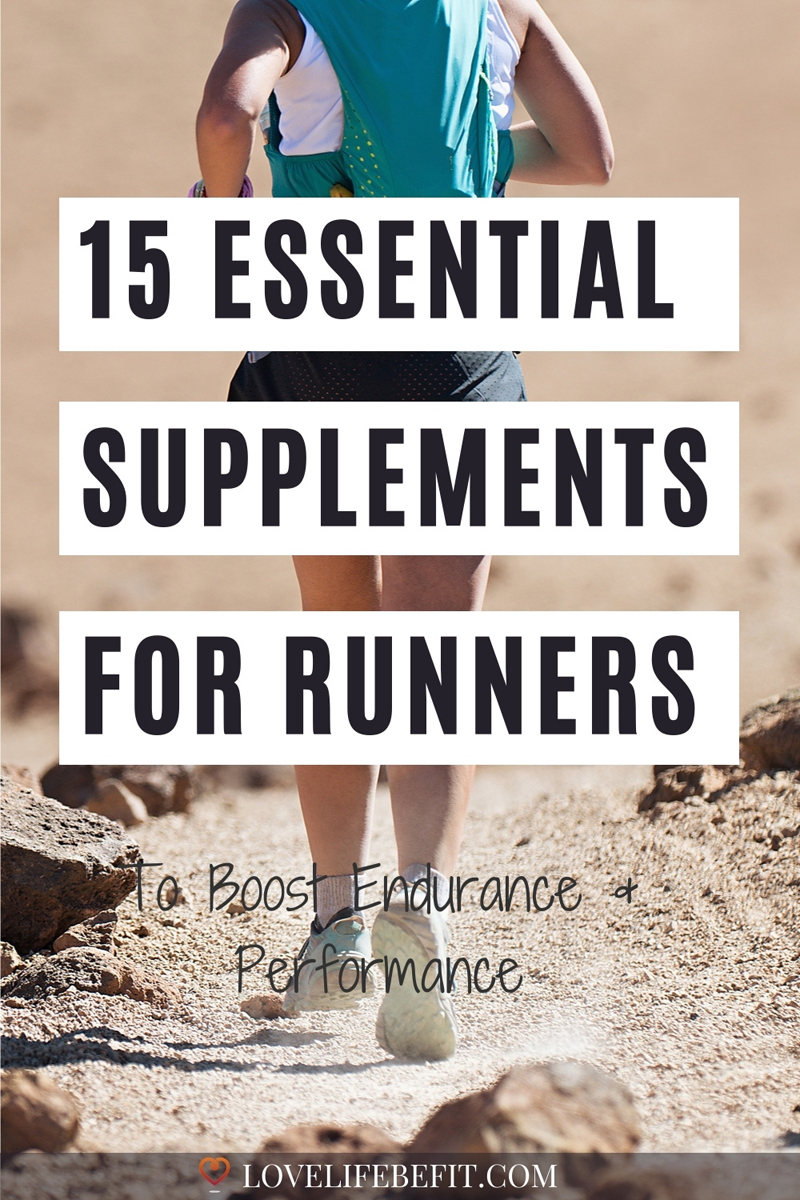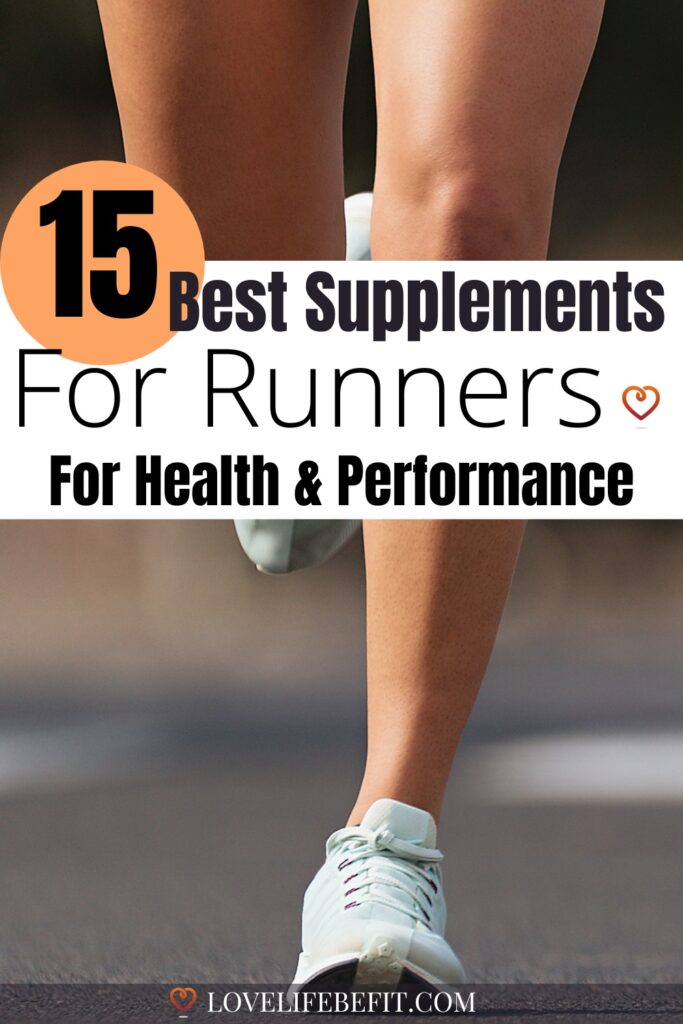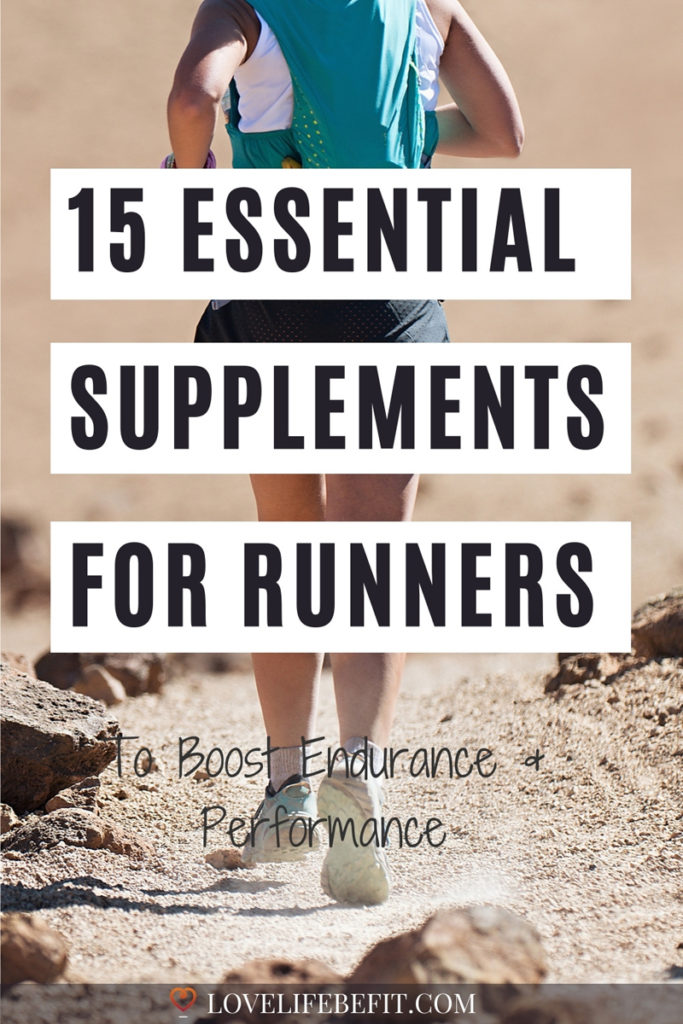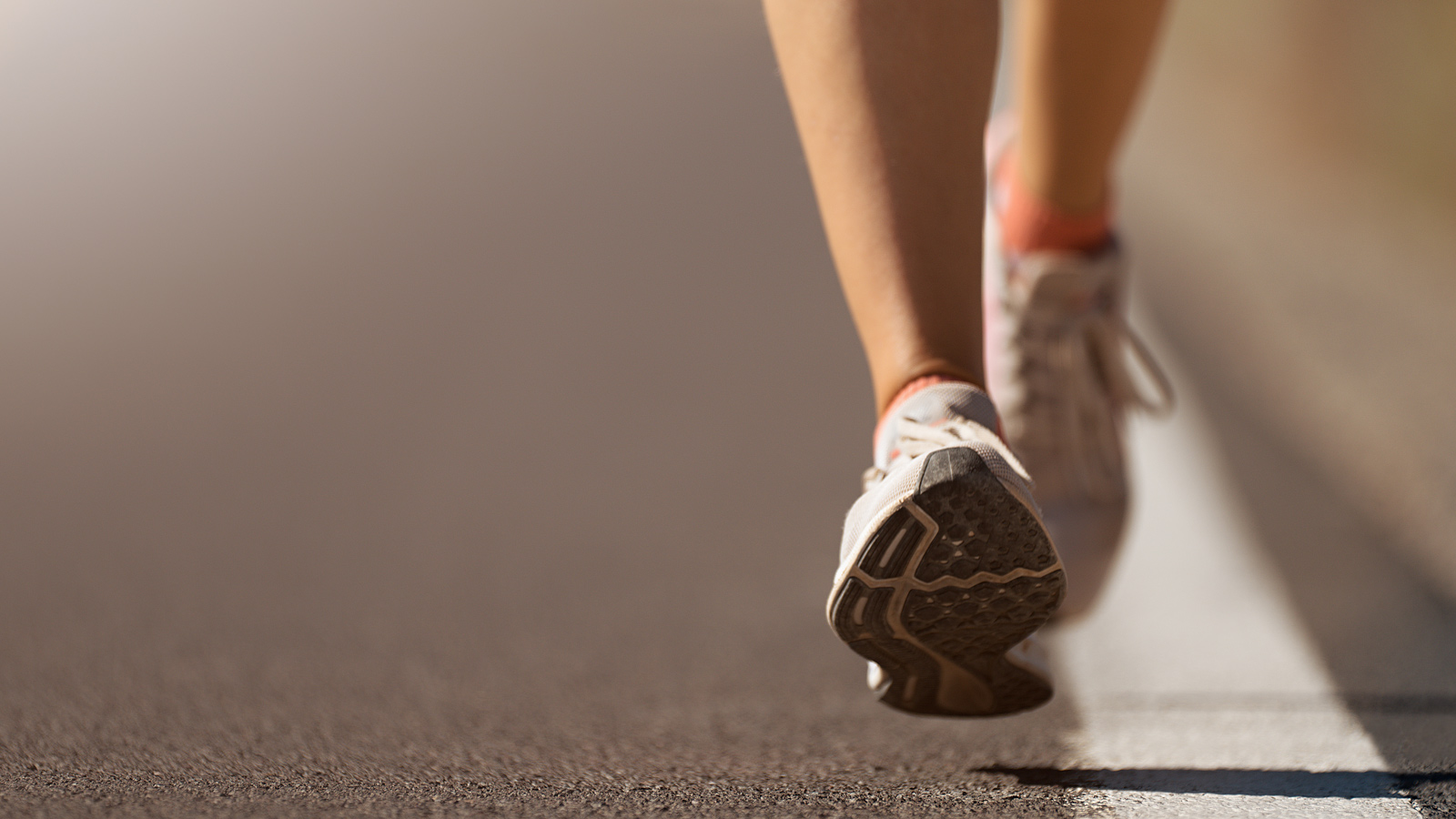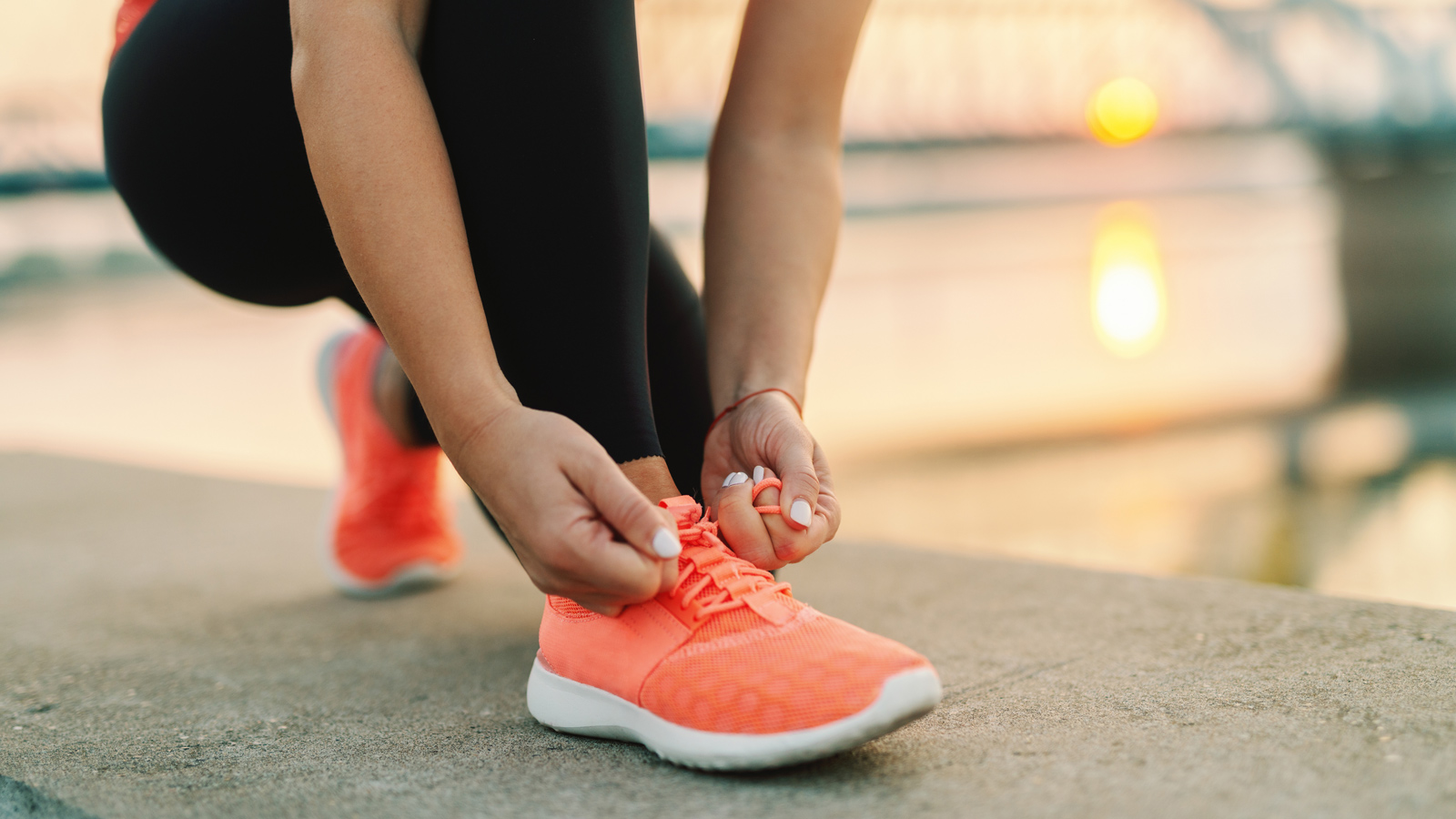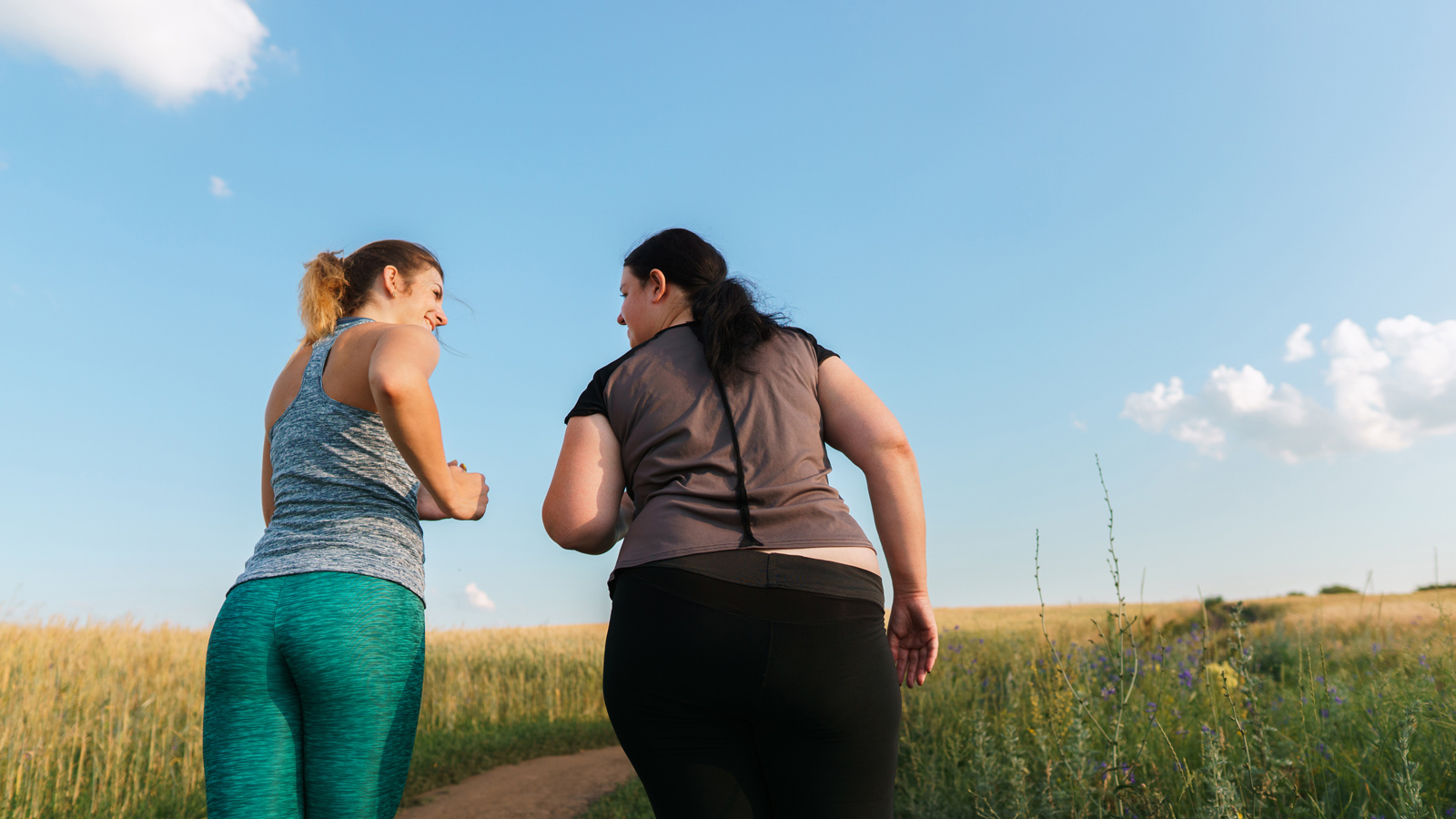15 Best Supplements For Endurance Runners (Boost Performance)
Let’s face it, as runners, we’re always looking for ways to boost our performance. That magic fix to help us shave minutes off our marathon time or get us around the latest ultra-running challenge. The list of running supplements for endurance runners is long. Some are helpful, some are overhyped and others are a waste of time if you’re following a balanced diet.
I’ve been doing a lot of digging to find the best supplements for endurance athletes. The good news is some of these dietary supplements for your long run are already sitting in your store cupboard. Read on to save your pennies.
This review is based on my own independent product knowledge and testing. If you like what I do, you can support me through my chosen links. I may earn a commission but it’s at no additional cost to you. Learn more about my product recommendations.
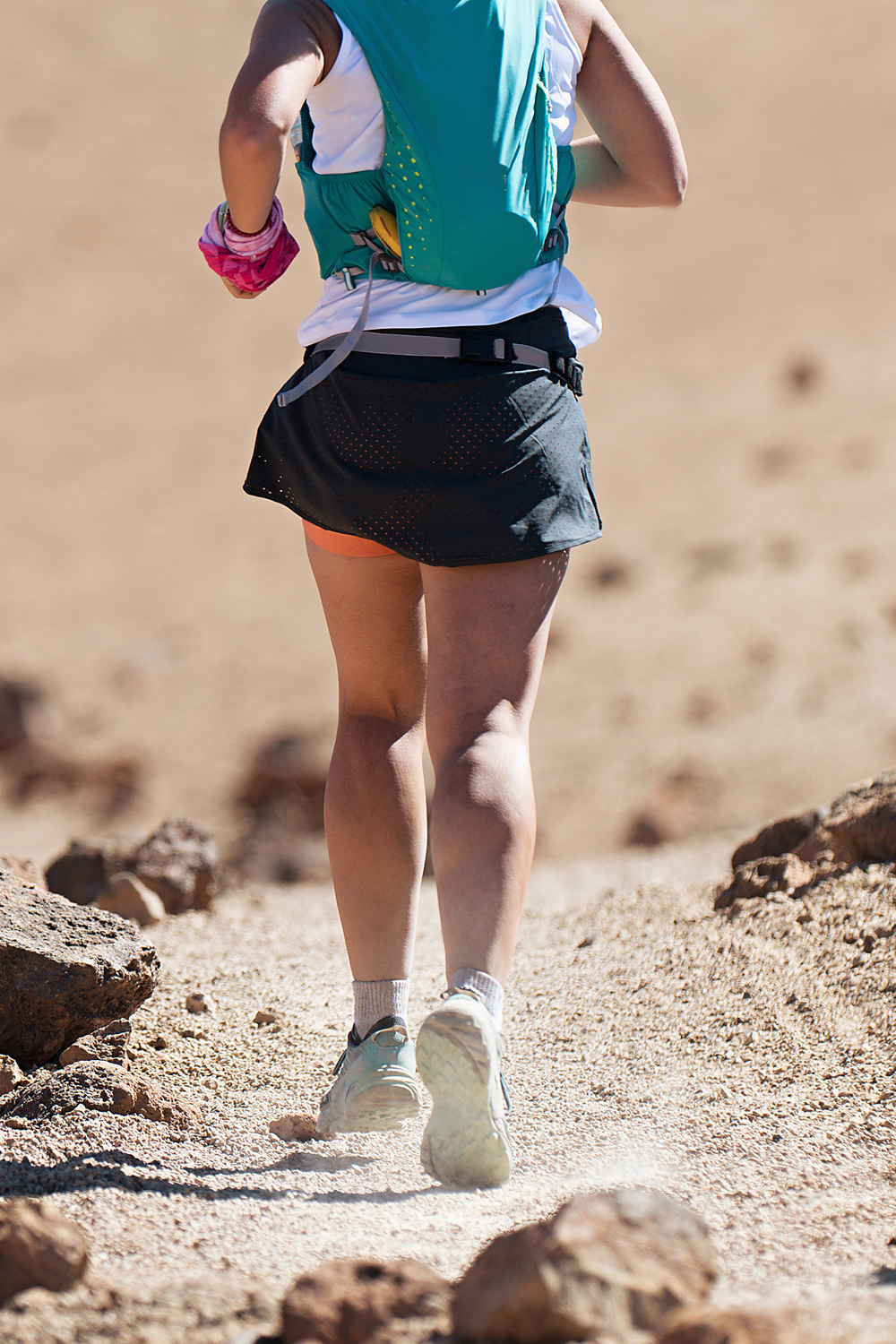
Do Runners Need To Take Supplements?
Before we get into the best supplements for endurance runners, let’s take a step back and ask ourselves if runners even need to take supplements.
The answer is NO! If you’re eating a balanced diet, there’s no need for running supplements. You should be able to cover all of your nutritional needs from food alone. Learn more about eating better and you’ll find taking the time to cook and eat properly will make you a much better runner.
However, many runners don’t have the time to prepare nutritionally balanced meals every day. Unless you’re a pro-athlete, we’re squeezing in training around work and family commitments. We also put greater demands on our bodies as runners, so there’s a chance that some deficiencies may start to creep in.
Neglecting nutrition can weaken our immune system, make us more susceptible to injuries, and, over time, can lead to health problems. So if you’re struggling to meet your nutritional needs from food alone or have a history of deficiencies, supplements may be something worth considering.
Be wary of jumping on the latest fad for the best running supplements. For example, Beta Alanine is currently heavily promoted for reducing lactic acid. Numerous studies may well show its beneficial effects for elite athletes but it only makes significant differences if you’re running for less than ten minutes. For long distances the effect is negligible.
This blog post will give you some guidance but before you go reaching for the latest energy gel or protein shake, it’s important to speak with a registered dietitian in sports nutrition to see if you have any specific deficiencies and to find out which supplements are best for you as an endurance runner.
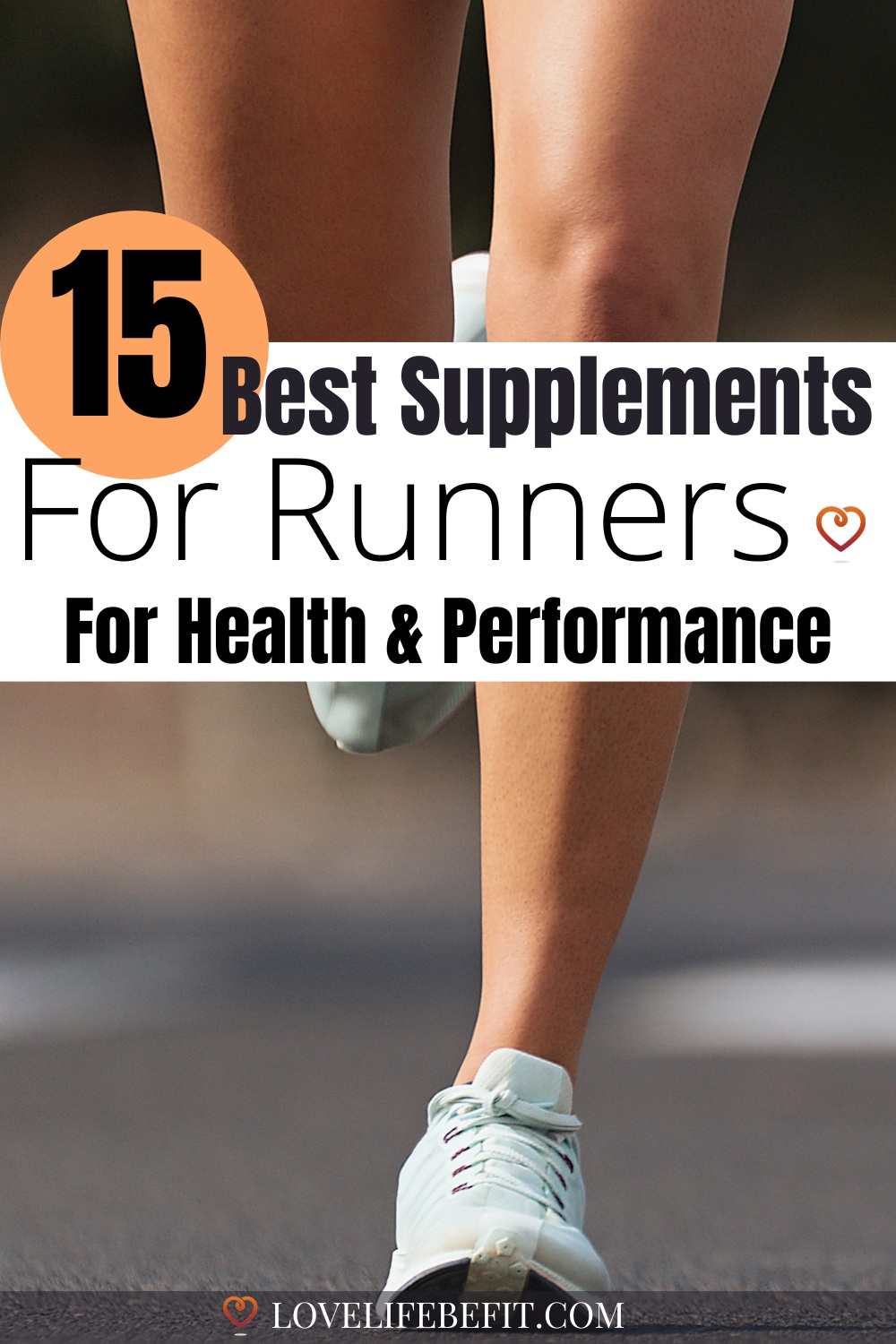
The Best Supplements For Endurance Runners
Now that we know when and why runners might need to take supplements to increase exercise performance, let’s take a look at the best list of supplements for endurance athletes.
This list is in no particular order but I’ve split it into pre-running supplements, endurance supplements to be taken on runs, and suggestions for post-run muscle fatigue, muscle soreness, and joint pain to speed up your recovery.
Pre-Running Supplements
Before you head out for a long run, there are a few supplements you can add to your daily diet to boost your performance.
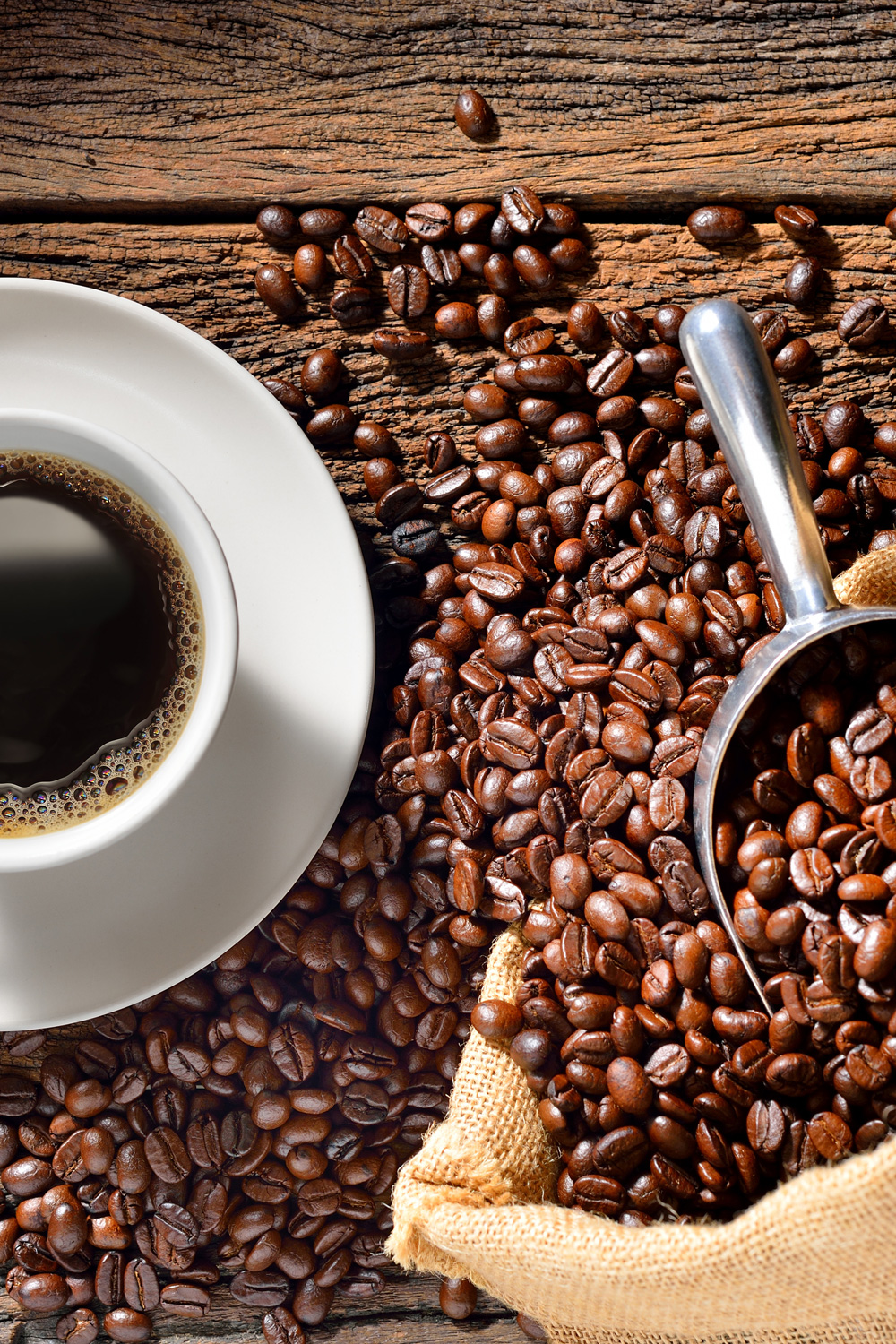
#1 Caffeine
This is the big one! Caffeine has been shown to improve endurance performance, especially in longer races by 2-4%. That’s significant! It’s the difference between a sub-three-hour marathon and a three-hour and eight-minute marathon.
Caffeine also improves mental alertness and I’ve found it’s a big pick-me-up in ultra races. It’s a reason many runners use caffeine gels or drink flat coke on ultras. Staying alert helps maintain pace and stops you from making navigational errors. It’s easy to lose your place on a map when you’re half asleep.
Flat coke also seems to help settle that dodgy tummy you get about 4 hours into your ultra – at least it helps with mine!
Experiment with using caffeine before and during your long runs. Be aware that caffeine does have a lot of side effects and should be avoided if you have certain health issues, so start with a small dose and increase slowly if needed.
I once drank a can of Red Bull 15 minutes before a 10 km race, the Blaydon Races. My caffeine tolerance was pretty low at the time and I was buzzing at the start of the race, setting off far faster than my normal pace.
Fortunately, fatigue only set in over the last mile and I managed to hang on until the finish. I was overjoyed with my time, but if the race had been any further I would have collapsed in a heap at the side of the road. So my takeaway is to use caffeine wisely – don’t overdo it.
Apart from the obvious sources such as coffee, tea, or chocolate, there are lots of caffeine gels to choose from. My favorites are Clif Shots and SIS. I find it helps on ultras to have a few of these in my race vest for pick-me-ups when I start to fade.
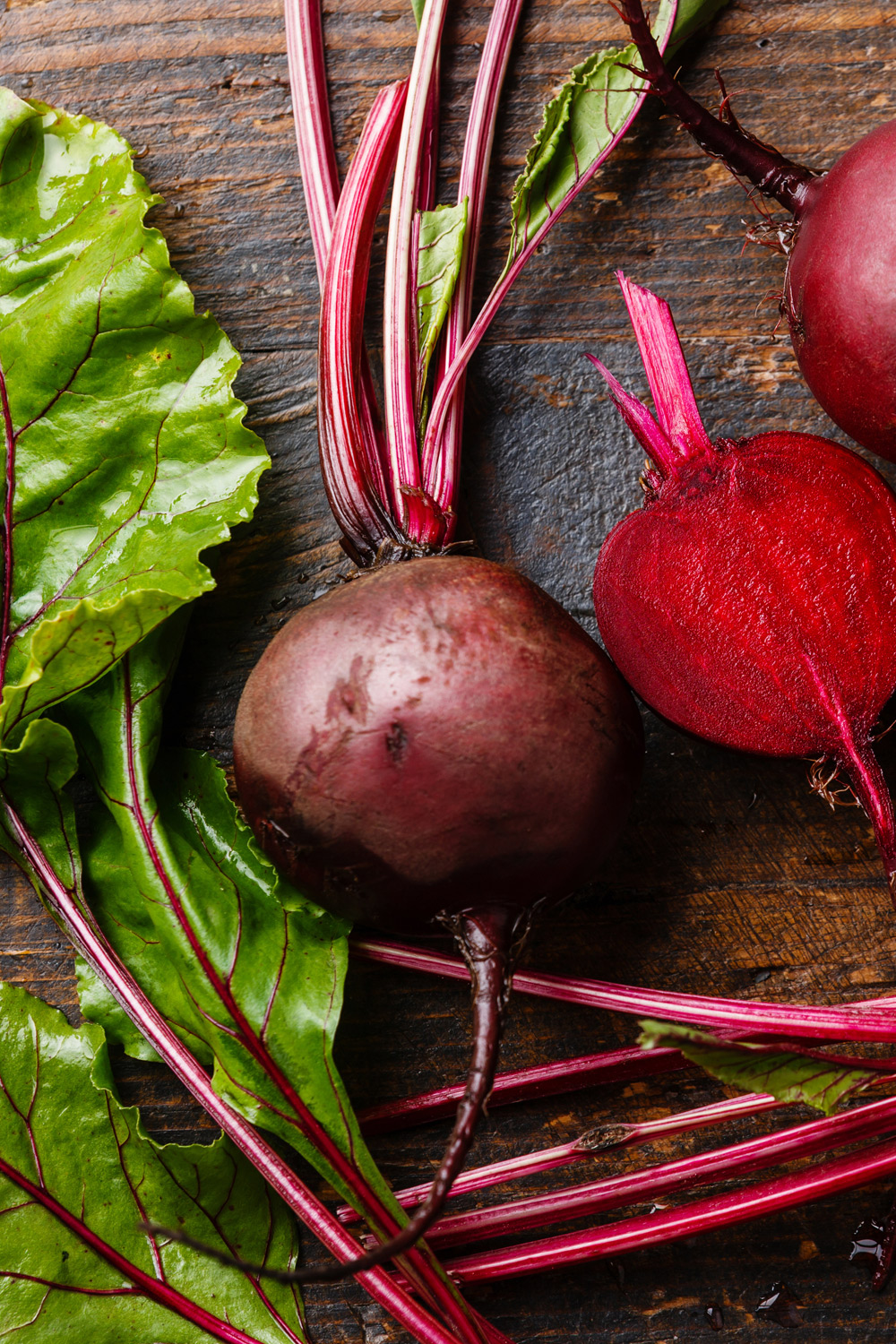
#2 Nitrates
Think beetroot is a vegetable best avoided? Think again! It’s one of the best sources of nitrates. Nitrates are found in leafy green vegetables, beetroot juice, and some processed meats. They’ve been shown to improve endurance performance by increasing the efficiency of oxygen usage in your body during exercise. Your body changes nitrates into nitric oxide which dilates your blood vessels and allows more oxygen to reach your muscles.
Taking nitrate supplements for 5 to 7 days before a race will produce the required effect. It’s best to take a nitrate shot as you’d need to drink a lot of beetroot juice to get the same dose. These Beet-It shots do the job!
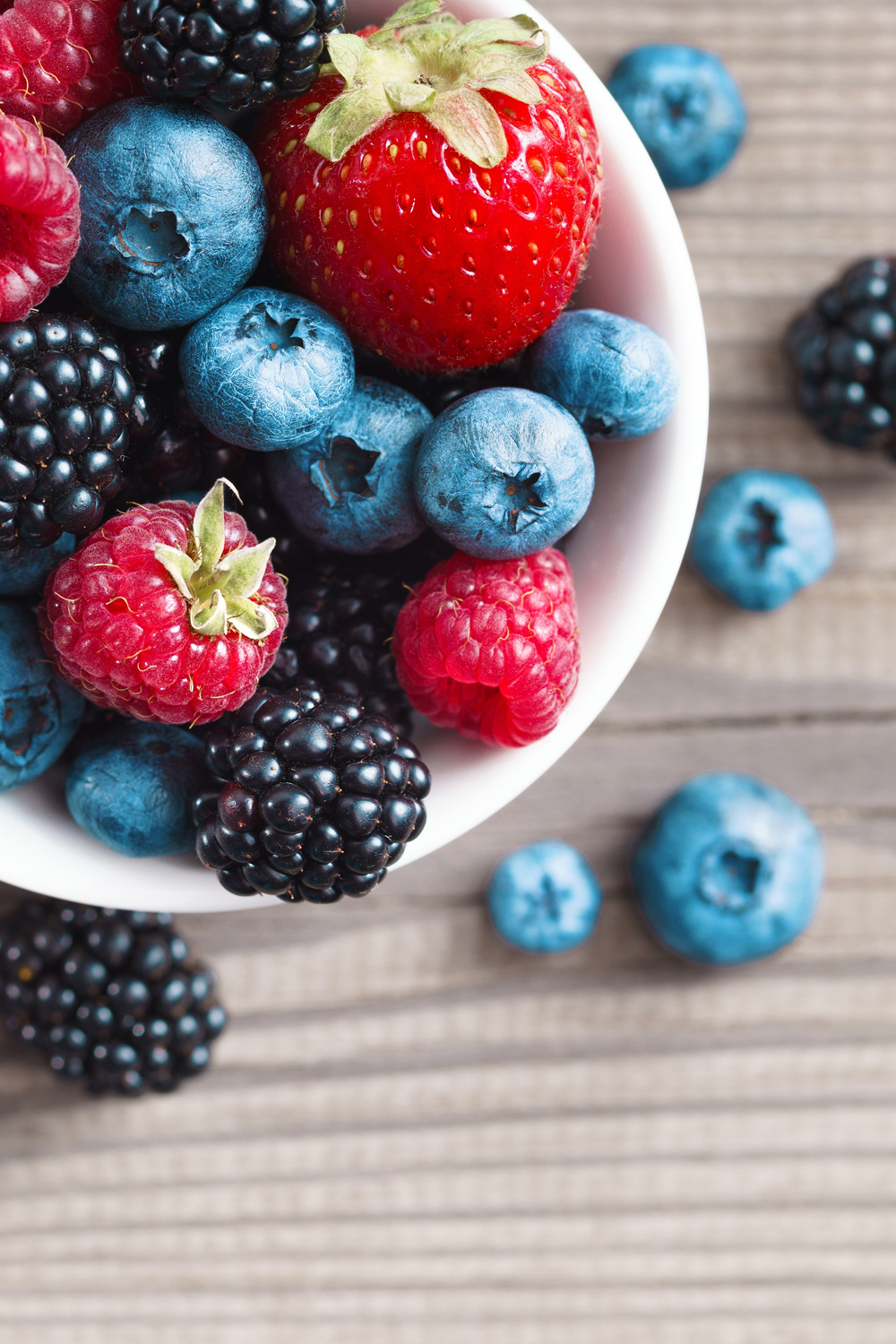
#3 Antioxidants
Running and endurance sports increase your oxygen intake and raise the level of free radicals in your body. This can wreak havoc on your body causing muscle fatigue, cell damage, and inflammation. It’s important to have antioxidants, (vitamin C, vitamin E, and flavonoids), in your system to neutralize the free radicals, preventing short and long-term damage.
The best way to get antioxidants is through your diet, but if you’re struggling to eat enough antioxidant-rich foods, supplements are a good option. Personally, I’d rather eat a few handfuls of berries rich in antioxidants than take a pill, but that’s just me.
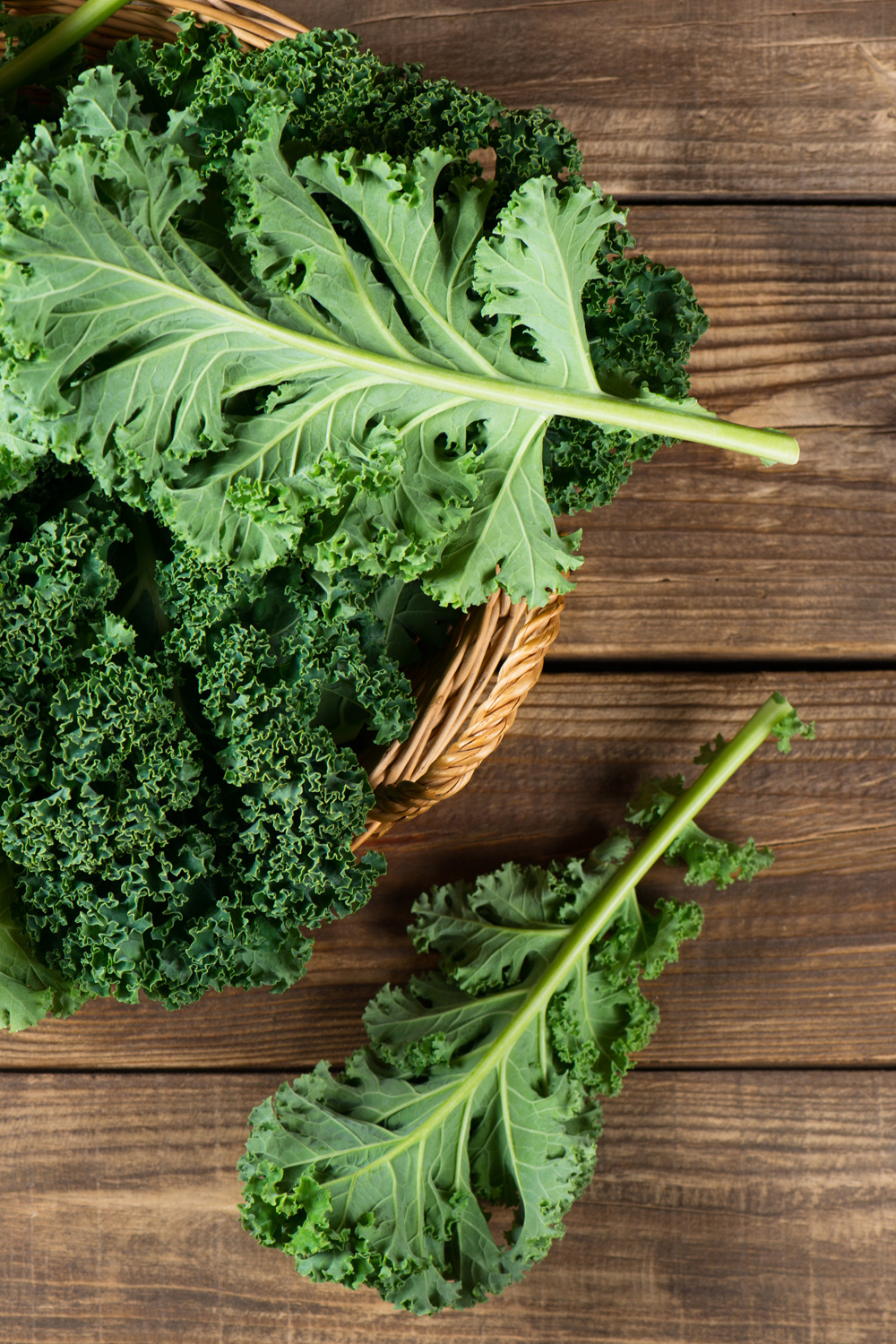
#4 Iron
Iron is another mineral that’s often depleted in athletes, especially runners. It’s important for transporting oxygen around your body and can cause fatigue if you’re deficient.
If you’re a female runner, it’s especially important to make sure you’re getting enough iron, as women are more prone to deficiency. You can get iron from red meat, poultry, fish, beans, lentils, kale, and fortified foods.
If you’re not a big meat eater or are struggling to meet your iron intake from food sources alone, taking an iron supplement is a good idea. Just make sure it doesn’t contain calcium, as they can cancel each other out.
For endurance runners, it’s always a good idea to get your iron levels checked by your doctor. Iron deficiency in runners is common with the added complication that exercise-induced inflammation releases a hormone called hepcidin. This can suppress your body’s absorption of dietary iron – so it can be hard to get all the iron you need from supplements.
#5 Multi-vitamins
Multi-vitamins are a good insurance policy against any deficiencies you may have. The problem with running is that we tend to eat the same things day in, day out. If our diet is lacking in one or more essential vitamins and minerals, taking a multivitamin can help bridge the gap.
Most are affordable, such as this one, and can be an easy way to protect your immune system when you’re training hard. I’d recommend taking a multivitamin every day, not just on the days you’re running.
Getting enough vitamin C is vital for your immune system, especially as a runner but it’s B vitamins that are most often overlooked. B vitamins are essential for converting your food into energy, helping with your balance, and preventing fatigue. Vegans need to be particularly careful to take vitamin B12 supplements as this nutrient is mainly found in meat and dairy products.
#6 Zinc and Magnesium
These essential minerals are often depleted in athletes, especially runners. Zinc is important for immune function reducing inflammation while magnesium helps with energy production, and muscle and nerve function.
Zinc and magnesium are found in many foods, but if you’re taking a multivitamin anyway, make sure it contains zinc and magnesium.
#7 BCAAs, Whey Protein & Protein Powders
It’s possible if you’re an endurance athlete training for a marathon or ultra race to be burning calories faster than you can take them in. If you’re running to lose weight you may not think that’s a problem but it can be if you’re losing too much muscle mass.
Your body doesn’t just use your fat reserves for energy: it can sometimes break down muscle tissue. It’s a reason some runners take BCAA supplements. BCAA stands for branched-chain amino acids and they’re essential amino acids that are particularly important for muscle growth and repair.
It’s claimed these particular amino acids can reduce muscle soreness, prevent muscle deterioration, and speed up recovery time. I couldn’t find sufficient scientific data to confirm these benefits of taking BCAA’s but it’s likely they help build lean muscle mass.
Certainly taking BCAA supplements for runners should help you maintain your lean muscle mass, especially if you’re struggling to eat enough calories while training. They’re also worth considering if you’re a vegan runner.
While most runners get enough protein from a typical high-protein western diet, protein intake is harder to manage for vegans and you may not be getting enough. Plant-based protein powder is a vegan alternative to taking whey protein. When I’m following a vegan diet, I like to take BCAA supplements or plant-based protein powder in those high-volume training weeks leading up to a race.
Whey protein derived from milk powder is a fast-digesting form of protein that’s rich in BCAA’s and contains the full profile of amino acids. It’s a cheaper and better way of supplementing your protein intake if you’re a meat-eater or vegetarian.
#8 Vitamin D
You’ve probably heard a lot about the importance of vitamin D in recent years. It’s not just important for bone health; it’s been linked with reducing inflammation and improving athletic performance.
Vitamin D is essential for athletes as it helps to regulate calcium levels and phosphorus absorption, both of which are vital for muscle function. You can get some vitamin D from the sun, but if you’re not getting enough or live in a colder climate, supplements are a good idea.
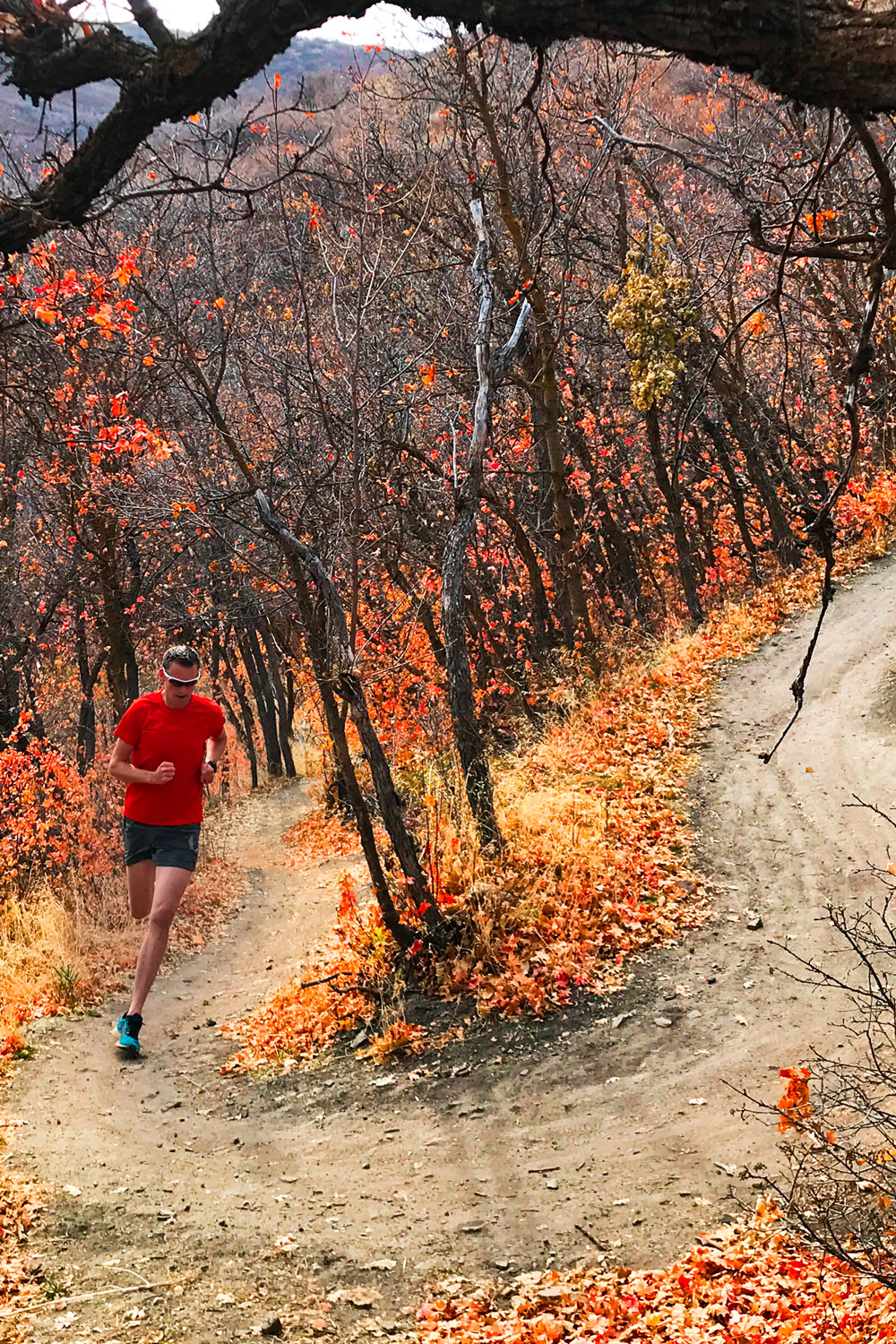
Supplements For Runners During Races
Athletic performance during a marathon or ultra race isn’t just about how well you can run. Getting your fuelling right is an important way to improve exercise performance.
Carbohydrates, electrolytes, and fluids are all you need during your race up to marathon distance. For ultra runs, protein and fat will help with stomach issues and help with muscle damage during a longer race.
I often find I start to crave savory foods halfway through an ultra race. It’s partly because my body needs salt to replace the sodium lost in sweat and partly because sweet food becomes sickly and unpalatable after a while.
It’s best to make sure you have lots of different options for eating during an ultra and you’ve tested different foods on your training runs.
Watch out for food with excessive fiber. Fiber and whole foods are all part of proper nutrition but it’s best to be wary for endurance exercise. I’ve seen dates suggested as a good choice for endurance athletes. They’re high in antioxidants, a great source of potassium, and bursting with carbohydrates. Just expect a lot of toilet stops if you’re using this high-fiber food to fuel your runs!
#9 Carbohydrates
Forget fat-burning and Keto diets, keeping your carb levels topped up is essential for endurance running. You need carbs to provide energy for long runs and endurance events. After the first 60 to 90 minutes of a race, it’s suggested you consume 1g of carbohydrates per hour for every kilo of body weight.
Gels, energy bars, or even real food on ultra races can be the source of those carbohydrates but often it’s difficult to eat enough.
I’ve found it helps to get some of your carb fix in your sports drinks. The Science In Sport (SIS) electrolyte powder contains 36g of carbohydrates per serving, on top of providing all the electrolytes I need to stay hydrated. That’s about half the carb intake I need every hour on my longer runs.
#10 Electrolytes
Muscle cramps, dizziness, fatigue, and nausea are all too common among long-distance runners in marathons and ultra races. The cause? Dehydration and loss of electrolytes.
You lose electrolytes when you sweat and they need to be replaced if you want to avoid any of the symptoms listed above. Just drinking water to rehydrate can upset the balance of electrolytes in your bloodstream.
Eating bananas or drinking coconut water can help as they’re both good sources of potassium, but it’s better to use a supplement that replaces ALL the essential electrolytes, sodium, potassium, and calcium in balanced quantities. Otherwise, when you sweat, you’re depleting your body’s electrolytes.
Sports drinks such as the SIS electrolyte powder work well for medium to long races such as a marathon, but for ultra races, athletes need a higher concentration of sodium in their supplements.
Before you reach for some salt tablets, electrolyte tablets are a much better option. S!Caps or Hi-Lyte Electrolyte Replacement Tablets are popular with ultra runners looking for rapid rehydration.
Best Supplements For Post Run Recovery, Muscle Soreness & Joint Pain
Prolonged exercise can leave you feeling very sore and muscle recovery is a top priority for endurance athletes. These are some of the best supplements for post-run recovery.

#11 Turmeric
This might spice up your life but there’s more to this golden powder than meets the eye. Curcumin, a compound found in turmeric, has anti-inflammatory and analgesic properties. It can help reduce acute (short-term) inflammation in the joints after a long run.
You can take it as a supplement but for most runners, it’s enough to just add the spice to your food. A post-run chickpea curry could be just what your body needs!
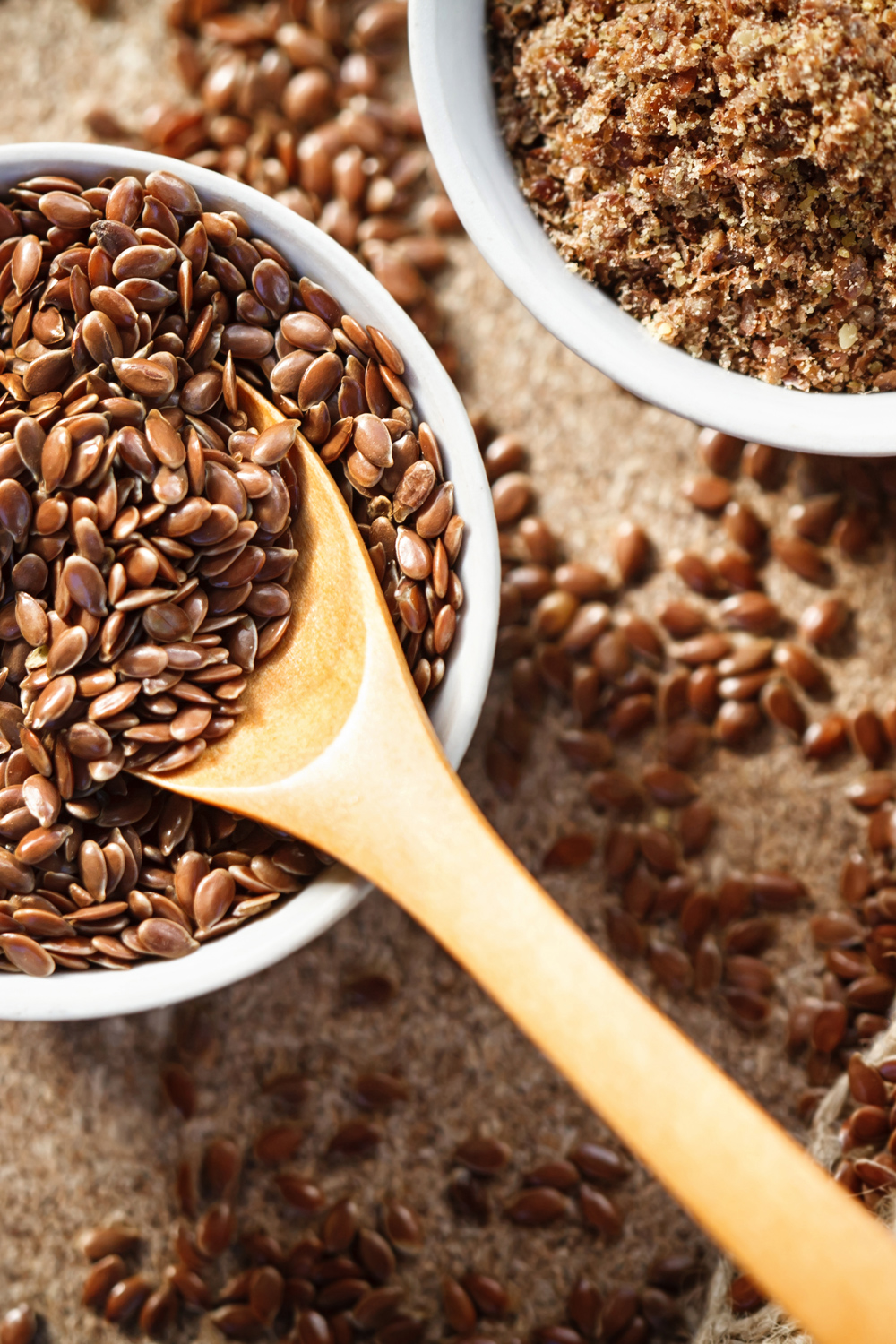
#12 Omega-3 Fatty Acids
The elderly have been raving about fish oil for a while because it’s a good source of omega-3 fatty acids. These essential fats have anti-inflammatory properties and are good for supporting joint health.
Fish oil isn’t the only source of omega-3, flax seeds, chia seeds, walnuts, and soybeans are excellent vegan choices for your daily omega-3 fix. I like to sprinkle flax seeds on my daily breakfast porridge.
You can also get your omega-3 daily fix from supplements but it’s just as easy to keep a bag of ground flax seeds or chia seeds next to your breakfast cereals.
#13 Calcium
The bone-building mineral calcium is often overlooked when it comes to sports nutrition. But as we age, our bones can become weak and susceptible to fractures. A lack of calcium can also lead to muscle cramps. Runners need about 1000mg per day.
You can get your calcium fix from dairy foods such as milk, yogurt, or cheese but vegans can find plant-based sources too. Broccoli, kale, figs, and almonds are all good sources of calcium. Check your plant-milk additives. Soy milk is often fortified with calcium making it easy to hit your daily needs without taking a supplement.
#14 Collagen
Older runners may find they need to supplement their diet with collagen. This protein is essential for maintaining the health of our bones, joints, and muscles. Collagen production naturally decreases as we age, causing stiff tendons and ligaments, making supplementation a good way to ensure we’re getting enough.
It’s mainly used as a supplement for osteoarthritis sufferers but it’s certainly worth considering if you’re an older runner.
#15 Coenzyme Q10 (CoQ10)
This is one of the few supplements I take regularly yet it’s one of the hardest on this list to defend.
It’s a powerful antioxidant and can help with exercise performance by decreasing oxidative stress in your cells. It’s also good for increasing power and strength and reducing muscle fatigue.
Personally, I believe it boosts my energy levels and helps me recover quickly between exercise sessions. However, my scientific training tells me there’s nowhere near enough evidence to justify my views.
So unless you want to take an expensive supplement on the off chance it might make you run better, I suggest you leave CoQ10 off your list.
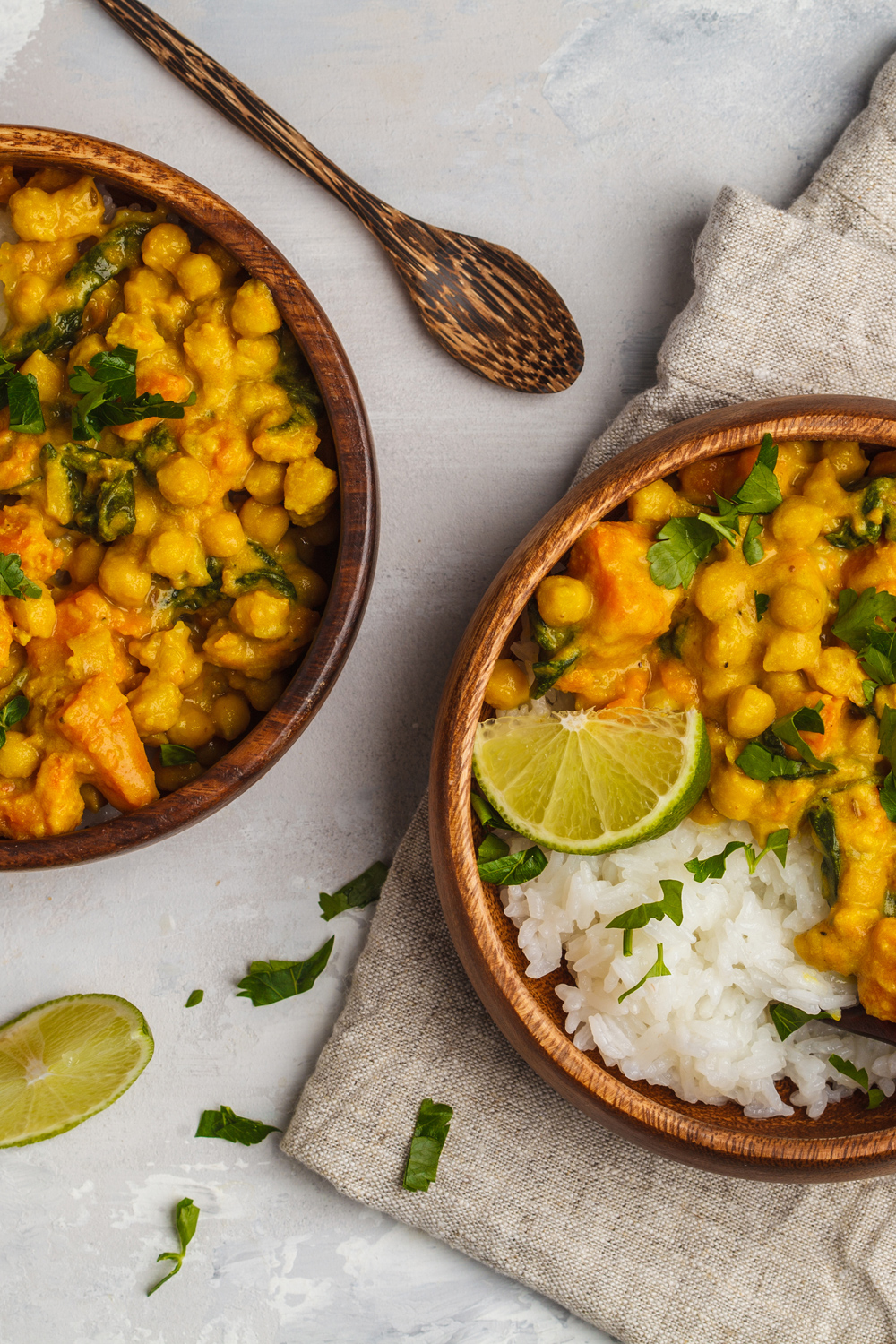
Post-Run Recovery Nutrition
After a long run, your body is depleted of energy and needs to be refueled. It’s recommended that you eat within 30 minutes of finishing your run to help with muscle recovery.
Ideally, your post-run meal should include carbohydrates and protein. Fluids are also important and you should aim to replace the fluid and electrolytes lost during your run.
If you’re not feeling very hungry immediately after a long run, that’s okay. You can have a light snack instead such as a banana or an energy bar.
Here are some of my favorite post-run recovery foods:
- Chickpea curry with rice and naan bread
- Tofu omelet with spinach and mushrooms
- Porridge with maple syrup, nuts, and berries
- Smoothie made with banana, almond milk, and protein powder
- Banana and peanut butter toast
- Granola bar with a piece of fruit.
After a hard effort where I’ve been sweating heavily, I find it’s best to drink some electrolytes immediately after my run. Later I’ll rehydrate with lashings of hot tea. Tea, both green and black is a rich source of antioxidants.
Thoughts From Love Love Be Fit
I hope you’ve found this list of supplements helpful. Overall, the best way to ensure you’re running at your full potential is by eating a balanced diet, hydrating with electrolytes, and topping up your carbohydrate levels during your runs. Supplements can help boost performance but they won’t make up for an unhealthy lifestyle.
If you want to improve your running try these tips for how to become a better runner.
